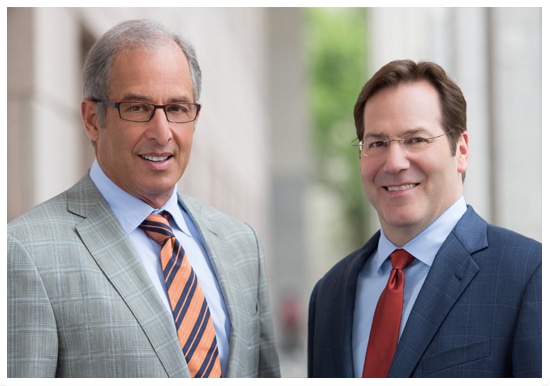Filing a Claim for Sexual Abuse by a Member of the Clergy
 In 2001-2002, the Boston Globe launched an explosive expose into sexual abuse by the Catholic Church. For many, the abuse was an open secret, but the work the paper did has had long-lasting effects that can benefit victims of abuse.
In 2001-2002, the Boston Globe launched an explosive expose into sexual abuse by the Catholic Church. For many, the abuse was an open secret, but the work the paper did has had long-lasting effects that can benefit victims of abuse.
One of those effects was the creation of lists in different Diocese regarding priests and other clergy who have been accused of sexual assault. Recently, the Charlotte Diocese added two names to their list of clergy members that have been “credibly accused,” who have worked within the Charlotte Diocese.
According to an article by WFAE 90.7, names can be placed into one of three categories:
- credible accusations of abuse involving minors that occurred within the Charlotte Diocese
- credible allegations of abuse involving minors that occurred in the Raleigh Diocese prior to the creation of the Charlotte Diocese
- “accused elsewhere”: named on other diocese’s lists, but no documented allegations of abuse during their time within the Charlotte Diocese
WFAE reports that the Charlotte Diocese will release names of any more additions to the list within their district. You can access the full list here.
Bringing a claim if you were a childhood victim
In North Carolina, much like many other states, the statute of limitations for sexual assault cases is extended from its typical three years from the time of the violation. Prior to 2020, under chapter 1 article 5 (G.S. 1-52(16)), the claimant had three years from the time the bodily harm suffered either becomes apparent or should have reasonably become apparent to the claimant to bring it forward. This could occur no more than ten years past the last “act or omission from the defendant” unless otherwise provided by law.
The North Carolina State Legislature recently passed the SAFE Child Act, which amended these laws by:
- Giving childhood victims of sexual abuse until the age of 28 to file a claim
- Allowing time-barred claims to move forward by creating a “lookback” window
- Increasing the amount of time law enforcement has to pursue criminal charges
The role of confession
In many instances, the tradition of confession within the Catholic Church becomes a barrier in seeking justice in these situations. Priests are prohibited by the Code of Canon Law to reveal any information gained from a confessional. Should a defendant have confessed to a priest in confession, the priest could be excommunicated if he breaks the seal of confession to report sexual assault. However, North Carolina lists members of the clergy as mandated reporters, and does not exempt them from reporting sexual abuse of children. As such, multiple parties may be liable in a lawsuit.
If you were sexually abused by a member of the clergy, an experienced Charlotte sexual assault lawyer can help. Call the office of Warren & Kallianos, PLLC at 704-377-7777 or complete a contact form to schedule a consultation.

At Warren & Kallianos, we believe in the importance of working directly with our attorneys, Jeff Warren and Chris Kallianos. When you work with our firm, Jeff and Chris are always accessible to you throughout the progress of your case.
Read more about Warren & Kallianos, PLLC
